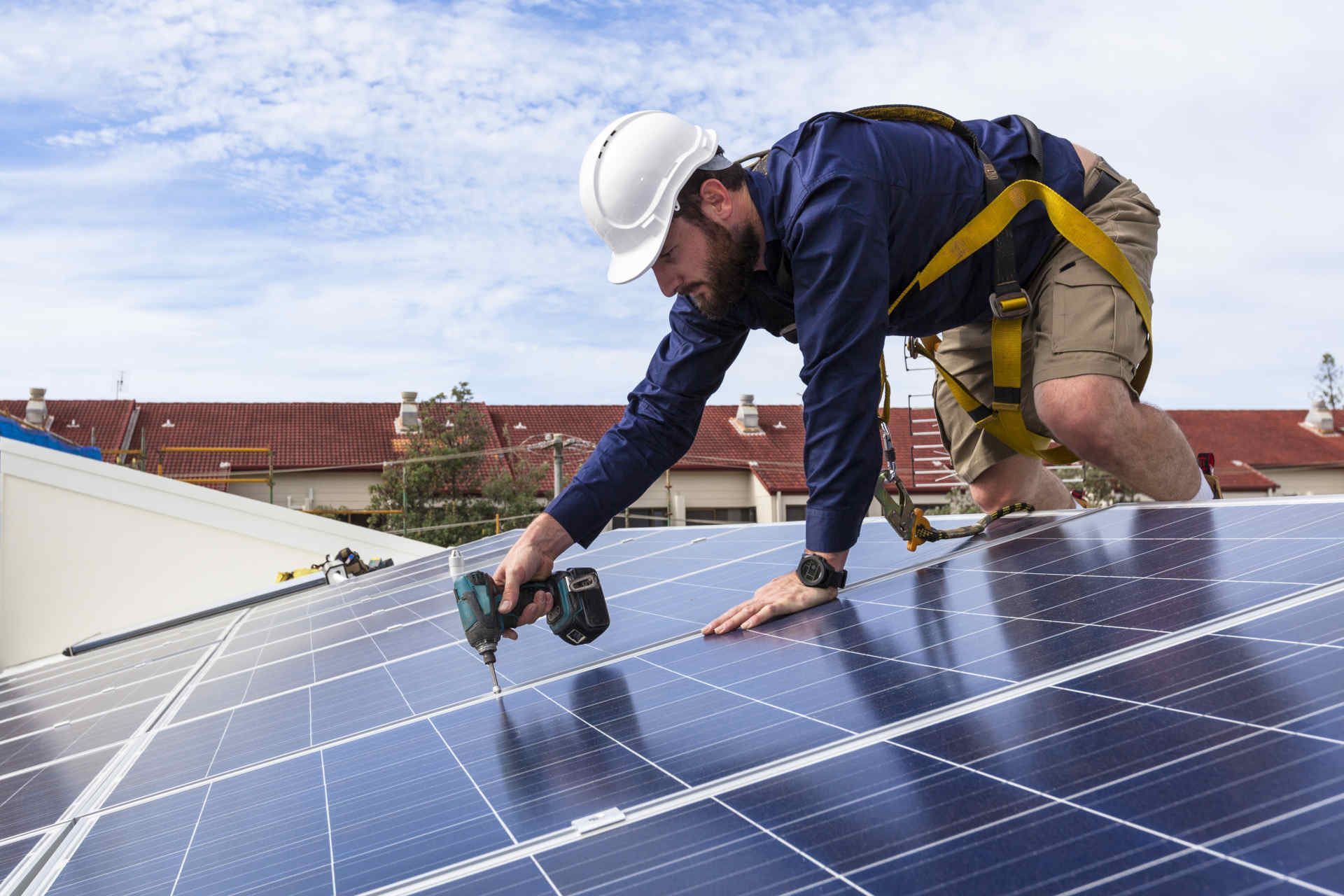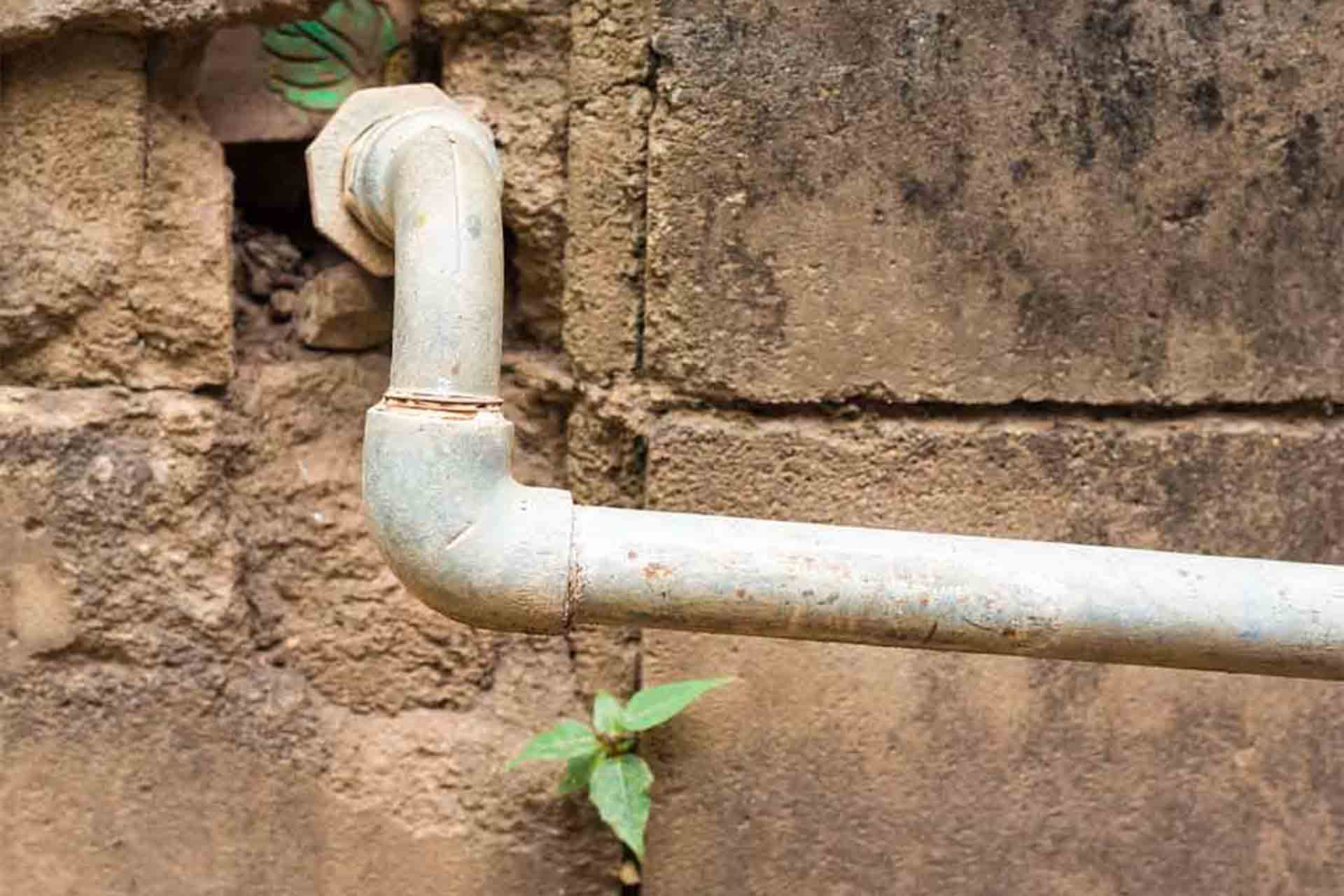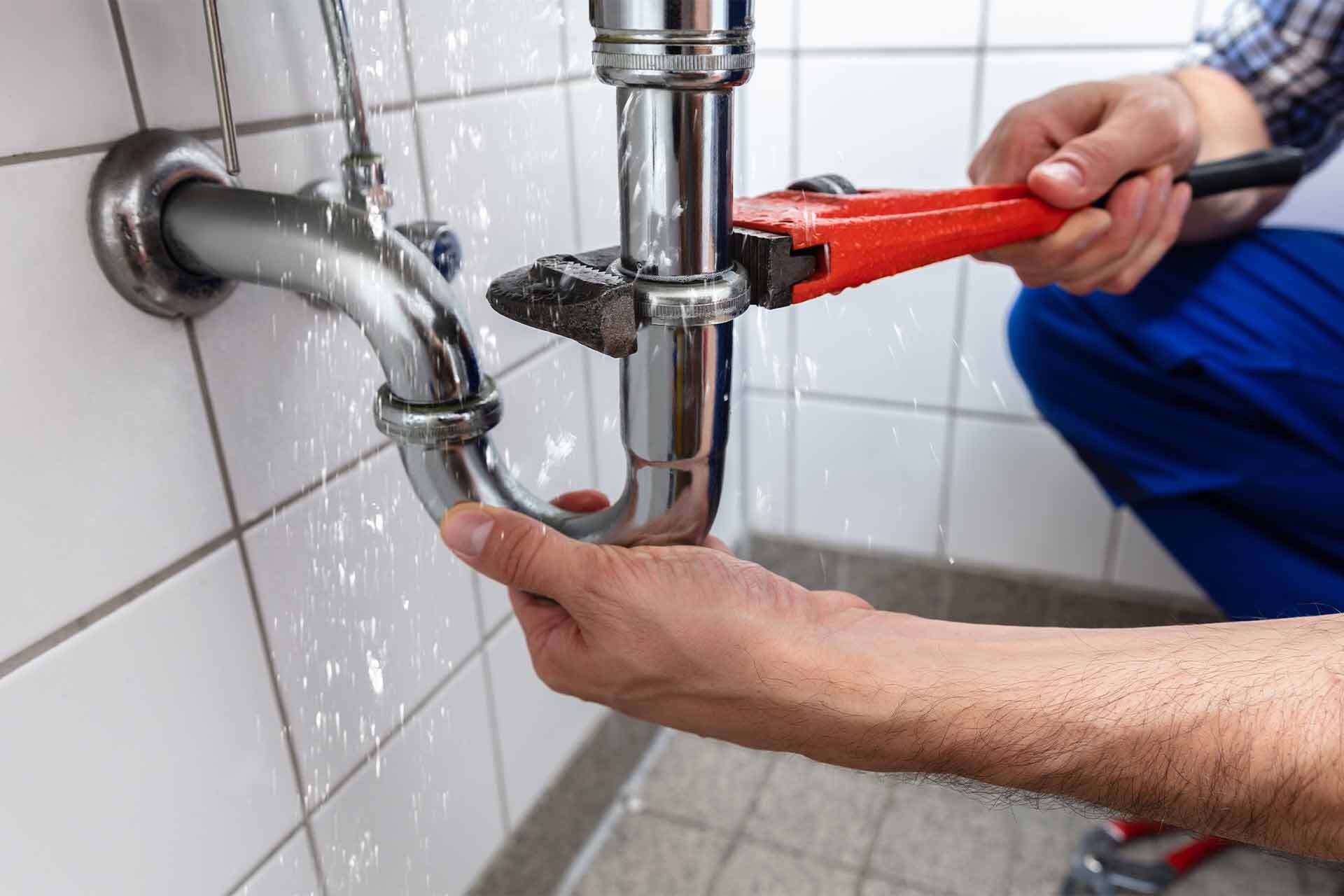Blog>Expert Advice>What to do if your water pressure is too high
Last updated: 12 September 2024
What to do if your water pressure is too high
Are you wondering why your water pressure has suddenly increased? Find out the possible cause and how to fix it in this practical guide.
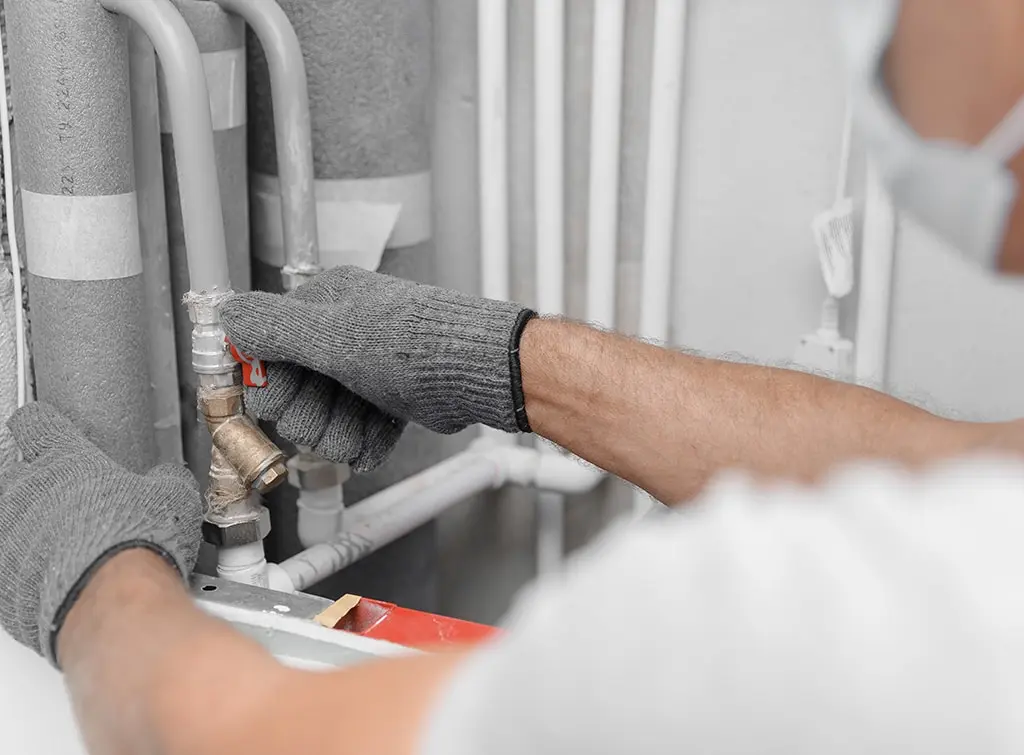
A leaking tap or strange banging noises when turning your water on and off are more than nuisances. They could be warning signs that your water pressure is too high.
This essential guide helps you troubleshoot the cause and find a professional plumber to help.
See the tradespeople we've checked and recommend for your job
What happens if your water pressure is too high?
You might think an increase in water pressure is a bonus – starting with that newfound power shower! Think again.
Left for too long, it can cause all sorts of problems in the home due to excessive wear and tear. Issues include:
Damage to internal components of your vital household appliances, such as dishwashers and washing machines
Leaks from the bottom of electric shower units due to a build-up of pressure
Strain on your boiler, leading to leaks or faster wear and tear of components
Burst water pipes
An increase in your water bills
Signs you have high water pressure
A bathroom tap suddenly spraying water everywhere or a pipe bursting is a surefire way to know you've got a problem.
Thankfully, there are some other telltale (and slightly less dramatic!) signs to look out for:
Loud or banging pipes – known as the ‘water hammer’ effect, the high pressure causes pipes to vibrate or make banging noises when water is turned on or off
Leaky taps – the constant high pressure can cause seals and washers to wear out, leading to dripping taps
Toilet running or filling too quickly
Leaking pipes – the high water pressure puts a strain on plumbing, especially with older pipework
How to check for a water pressure increase
Finding out why your water pressure has increased can be tricky. However, there are a few things you can check yourself before contacting a professional plumber:
1. Check your boiler's pressure gauge
Most combi boilers have a pressure gauge on the control panel. It should show a reading between 1.5 and 3 bar. If it consistently exceeds this, it could indicate a problem.
You may be able to repressurise it yourself via the control panel. However, if that doesn’t work, you’ll need a plumber to help.
2. Use a water pressure gauge
If you don’t have a combi boiler with a pressure gauge, consider buying a manual water pressure gauge instead.
This handy tool is easy to pick up from a hardware store and attaches to an outdoor tap or any tap with a threaded spout.
Turn the tap fully on and read the pressure on the gauge. Normal levels should be between 1.5 and 3 bar. Anything above this indicates there's a problem.
3. Check with your water supplier
Sometimes, the issue has nothing to do with the plumbing inside your home. It could be that the mains’ water pressure has increased, which is an issue with your water network.
Call your water company to see if they have set the pressure higher than normal because of maintenance work. You might also find that neighbouring homes have reported the same issue.
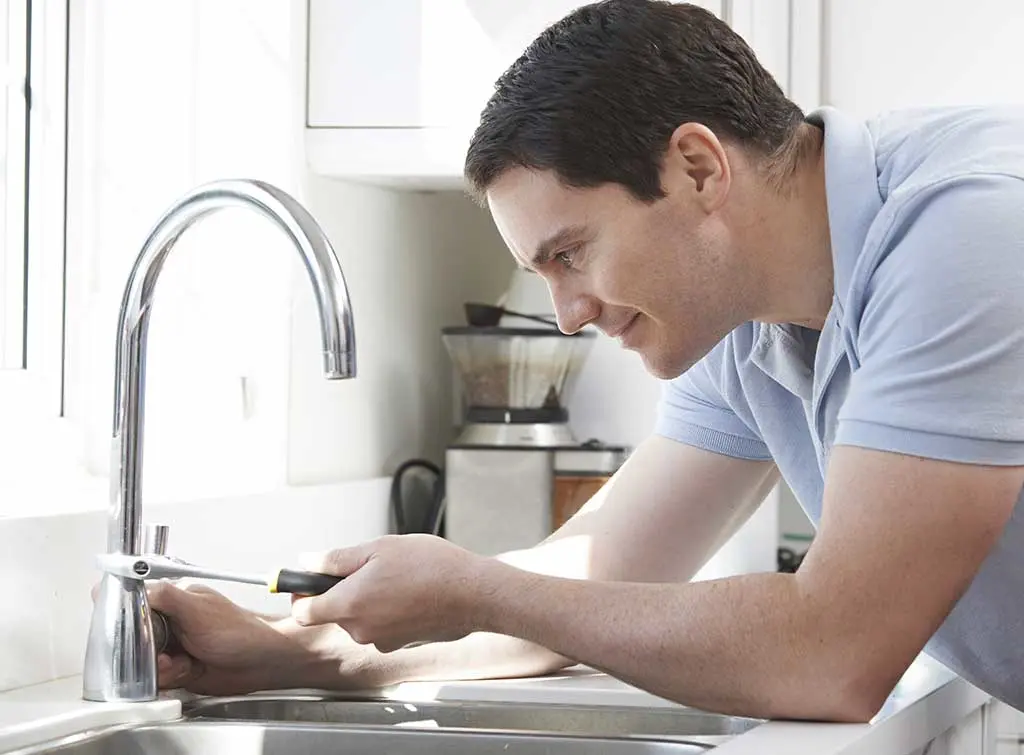
How to fix high water pressure
If you've followed the steps above and you’re still unable to figure out what's wrong, it's time to call a professional plumber.
A plumber will work out what’s causing the issue through a process of elimination. Faults they’ll be looking for include:
High pressure in your combi boiler system due to overfilling or a fault with the boiler’s filling loop
Blocked pipes
Other damage, such as leaks or worn-away components
If the boiler is not the issue, your plumber might suggest fitting a regulator valve if you don’t already have one.
This valve attaches to the system where water enters the house to help restrict the water flow. It’s relatively simple to install, so it won’t take long. However, we wouldn’t recommend it as a DIY job.
How to find a reputable plumber
If you suspect your home's water pressure has increased (or lowered) and your water supplier hasn’t reported any issues, you’ll want a reputable plumber to take a look.
The longer you leave it, the more problems it can cause due to the excessive pressure on your home appliances and boiler.
Enter your postcode below to find a plumber in your area.
See the tradespeople we've checked and recommend for your job
More Expert Advice Articles
See the tradespeople we've checked and recommend for your job

